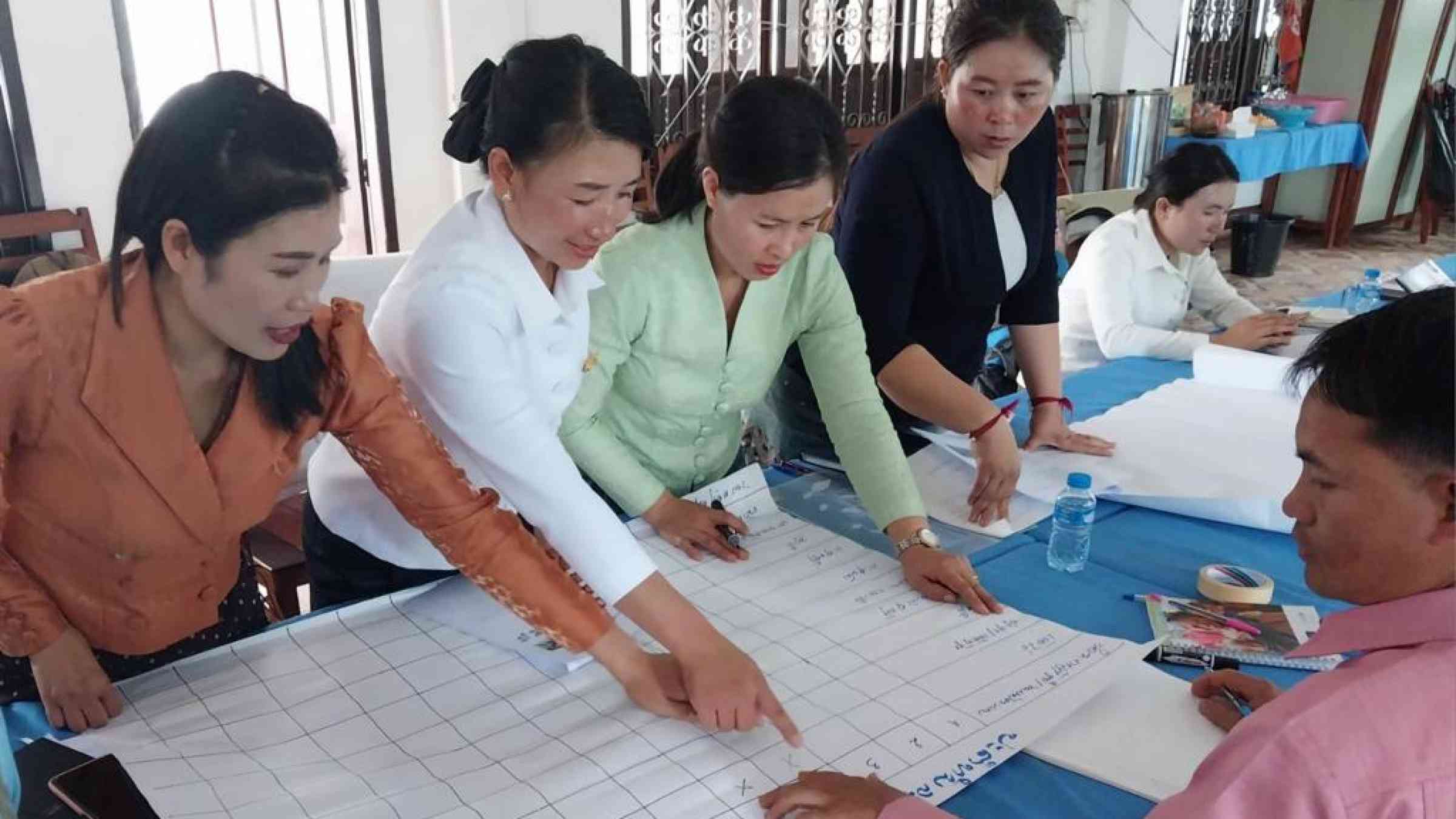Leaving No One Behind: Gender-responsive and Disability-inclusive Disaster Risk Governance
To accelerate progress in the implementation of the Sendai Framework for Disaster Risk Reduction, concerted efforts need to be made to ensure that climate resilience and disaster risk reduction efforts are not leaving people behind. The reality is that policies and programmes that do not explicitly seek to address growing inequalities risk exacerbating them.
Effective and sustainable climate resilience, disaster risk reduction and risk-informed development is people-centered, gender-responsive, inclusive and accessible to all; and promotes and upholds the human rights, capacities and leadership of women and people of diverse gender identities, persons with disabilities, indigenous peoples, older persons, youth and others who have historically been excluded from decision-making.
The Midterm Review of the Sendai Framework highlighted the need for greater attention and action on social inclusion. Most countries that submitted voluntary national reviews acknowledged that gender equality, disability inclusion and broader social equity issues are essential for reducing disaster risk, and while good practices were identified, a persistent gap in implementation remains, and accelerated efforts and investments in these areas are required by 2030.

Agenda
Location
Philippine International Convention Center
